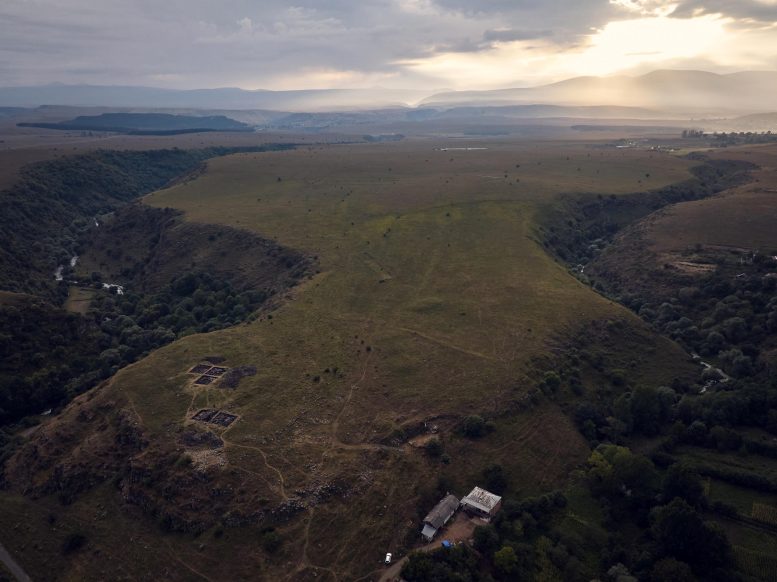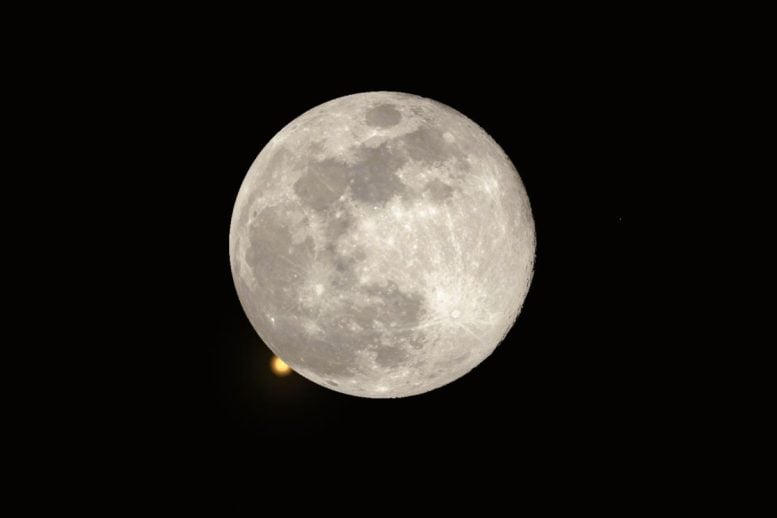
biologist: A scientist involved in the study of living things.
catapult: A device for throwing or flinging something into the air.
ecologist: A scientist who works in a branch of biology that deals with the relations of organisms to one another and to their physical surroundings.
evolutionary biologist: Someone who studies the adaptive processes that have led to the diversity of life on Earth. These scientists can study many different subjects, including the microbiology and genetics of living organisms, how species change to adapt, and the fossil record (to assess how various ancient species are related to each other and to modern-day relatives).
evolutionary ecologist: Someone who studies the adaptive processes that have led to the diversity of ecosystems on Earth. These scientists can study many different subjects, including the microbiology and genetics of living organisms, how species that share the same community adapt to changing conditions over time, and the fossil record (to assess how various ancient communities of species might be related to each other and to modern-day relatives).
mechanism: The steps or process by which something happens or “works.” It may be the spring that pops something from one hole into another. It could be the squeezing of the heart muscle that pumps blood throughout the body. It could be the friction (with the road and air) that slows down the speed of a coasting car. Researchers often look for the mechanism behind actions and reactions to understand how something functions.
naturalist: A biologist who works in the field (such as in forests, swamps or tundra) and studies the interconnections between wildlife that make up local ecosystems.
nectar: A sugary fluid secreted by plants, especially by flowers. It encourages pollination by insects and other animals. It is collected by bees to make into honey.
organ: (in biology) Various parts of an organism that perform one or more particular functions. For instance, an ovary is an organ that makes eggs, the brain is an organ that makes sense of nerve signals and a plant’s roots are organs that take in nutrients and moisture.
particle: A minute amount of something.
pollen: Powdery grains released by the male parts of flowers that can fertilize the female tissue to make a seed. Pollinating insects, such as bees, often pick up pollen that will later be eaten.
pollinator: Something that carries pollen, a plant’s male reproductive cells, to the female parts of a flower, allowing fertilization. Many pollinators are insects such as bees.
reproductive organs: The organs in a creature’s body that allows it to make and deliver eggs or sperm, and where appropriate, to nurture developing eggs and fetuses.
reward: (In animal behavior) A stimulus, such as a tasty food pellet, that is offered to an animal or person to get them to change their behavior or to learn a task.
skull: The skeleton of a person’s or animal’s head.









Leave a Comment